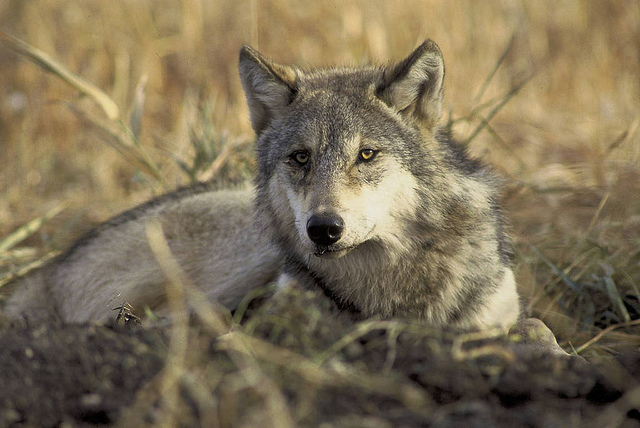Animal gene sequencing project aims to assemble a comprehensive genomic zoo
By Luke Dormehl,
Digital Trends
| 03. 24. 2017
You’ve quite possibly heard of the Human Genome Project, the massive international science research project dedicated to sequencing the human DNA. A less well-known project called Genome 10K has a not-unrelated mission — but instead of mapping just the human genome, it’s dedicated to sequencing the genome of thousands of animal species, including those most at risk of extinction.
“The purpose of the Genome 10K project is to assemble a genomic zoo of DNA sequences representing the full diversity of vertebrate animals, including at least 10,000 different vertebrate species,” David Haussler, the Genome 10K trustee and scientific director at the University of California Santa Cruz Genomics Institute, told Digital Trends. “Establishing the genetic diversity of vertebrate species would create a priceless resource for the life sciences and worldwide conservation efforts. We have only just begun to understand our natural environment. Because virtually all the biology of an animal is encoded in its genome, the Genome 10K project will provide a great leap forward.”
A genome, Haussler said, can help us calculate how endangered a particular species is by the effects of...
Related Articles
By Jonathan Matthews, GMWatch | 12.11.2025
In our first article in this series, we investigated the dark PR tactics that have accompanied Colossal Bioscience’s de-extinction disinformation campaign, in which transgenic cloned grey wolves have been showcased to the world as resurrected dire wolves – a...
By Jessica Hamzelou, MIT Technology Review | 11.07.2025
This week, we heard that Tom Brady had his dog cloned. The former quarterback revealed that his Junie is actually a clone of Lua, a pit bull mix that died in 2023.
Brady’s announcement follows those of celebrities like Paris...
By Lauran Neergaard, AP News | 11.03.2025
WASHINGTON (AP) — The first clinical trial is getting underway to see if transplanting pig kidneys into people might really save lives.
United Therapeutics, a producer of gene-edited pig kidneys, announced Monday that the study’s initial transplant was performed successfully...
By Meagan Parrish, PharmaVoice | 10.10.2025
When CEO Ben Lamm steps into the spotlight, it’s usually to talk about his efforts bringing extinct animals back to life. Once a far-flung idea, Lamm and the company he heads, Colossal Biosciences, have proven they can pull it off...




